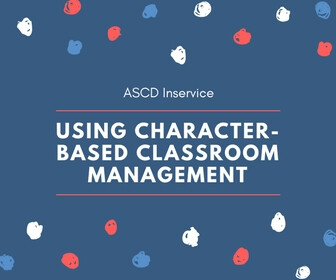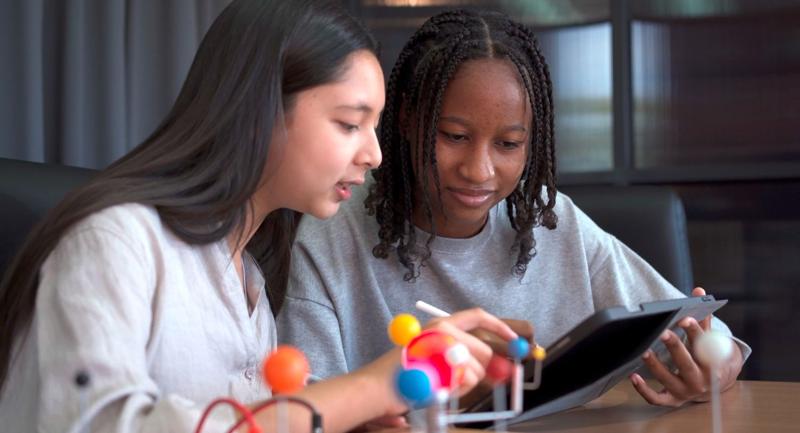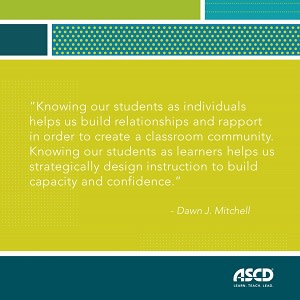Working and learning from home can create a time of anxiety for many administrators, teachers, related service providers, students, and families. Being able to create lessons that are engaging and effective in a remote learning environment is in itself a challenge for most teachers, much less finding ways as co-teachers to collaboratively ensure that those lessons are accessible and appropriate for students with special needs. Students are now learning on a kitchen table or living room couch, alongside brothers or sisters in a different grade as the cat walks across the keyboard! New realities warrant plausible solutions to stay on target to achieve goals.
To be successful, co-teaching requires far more than putting two adults in a classroom with students – whether that classroom is brick and mortar or virtual. In our forthcoming book, Co-Teaching Do’s, Don’ts, and Do Betters (ASCD, July 2020), we offer strategies to help novice and veteran co-teaching teams avoid pitfalls, embrace actions that make a difference, and take steps to promote positive outcomes. We invite readers to value co-teaching as a viable collaborative instructional model that assists students as they learn side by side with grade-level peers. Side-by-side may be temporarily redefined, but evidence-based practices and successful outcomes are never deleted or diluted.
Strategies for Virtual Co-Teaching
- Co-planning is still key. Regardless of the teaching platform, co-planning remains critical to co-teaching success. Plan face-to-face via Zoom, FaceTime, Google Hangouts, and so on. Plan by staying before or after a virtual class session, or use the Chat feature during a lesson to communicate to the whole class, individual students, and each other. Define what “observation” looks like during a virtual lesson and how as co-teachers you will tweak supports. Along with district requirements, there are numerous sites online (e.g., www.khanacademy.org/coach/resources) where co-teachers can access and differentiate lessons and resources across the curriculum and grade levels, whether they are teaching sight words or how to apply differential equations and derivatives. Co-teachers can post information for each other and their students on platforms such as Padlet (www.padlet.com) or Edmodo (www.edmodo.com). They can also share PDFs, videos, PowerPoints, step-by-step visuals, and tutorials with one another via emails or in chat rooms, or use the co-teaching app Protégé (www.2teachllc.com/protege) to connect with other co-teachers and co-teaching mentors and access co-teaching resources for planning.
- Use break-out rooms for co-instruction. One of the logistical concerns present when teaching in a school becomes moot when teaching remotely. Finding a space to take a small group and figuring out how long it will take students to transition now occurs with the click of a button. Online break-out rooms are easily utilized for co-teachers to use Parallel, Station, and Alternative Teaching approaches. Co-teachers can set and adjust scheduled timers to help with movement, and can offer “virtual proximity” by popping into break-out rooms.
- Co-assess frequently, strategically, and differently. As one co-teacher leads direct instruction, the other can be monitoring, observing, collecting data. The co-teacher in the support role can monitor attendance and time on task, ask individual questions to students with the chat feature, document answers as students type responses to questions, and even move a student to a breakout room for a quick chat regarding concerns, grades, responses, or any anxiety or personal issues that may be present.
- Be kind to yourself, your partner, and your students. Realize that your co-instruction may simultaneously require structure and fluidity to accommodate home, family, and learner realities. Those may include limited access to a computer, losing connectivity, distractibility, or a student requiring a sensory diet. As co-teachers, divide and conquer while also encouraging, assessing, and reinforcing the healthy habits of exercise, sleep, and resiliency – for your students and yourselves!
Bottom line: co-teachers can connect to their students and each other, now and onward!








